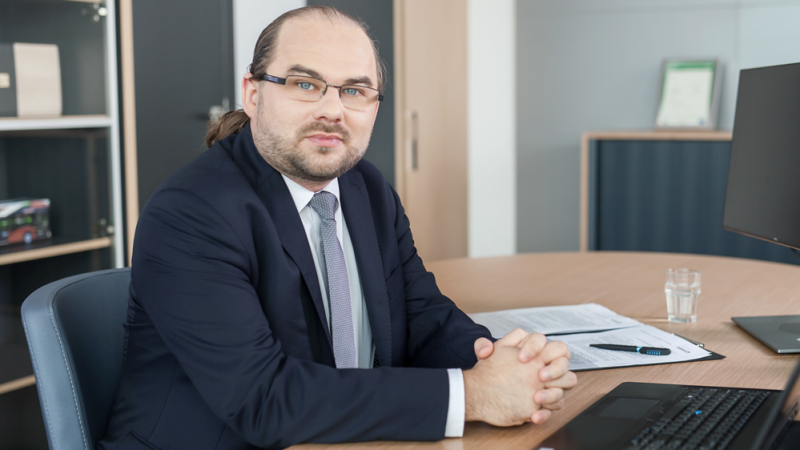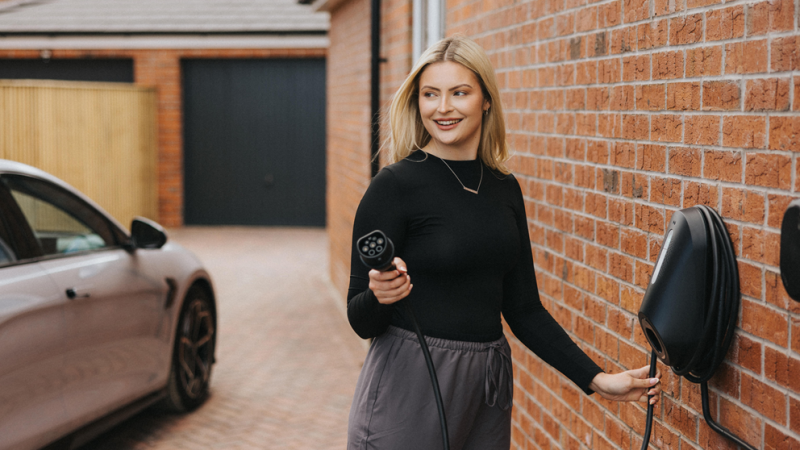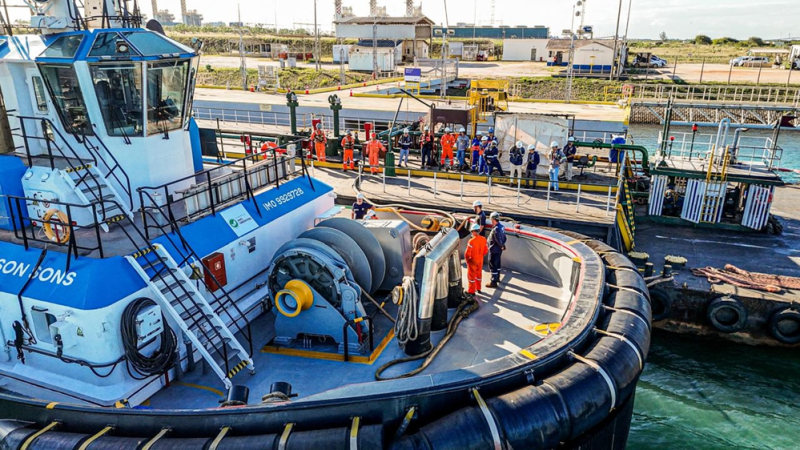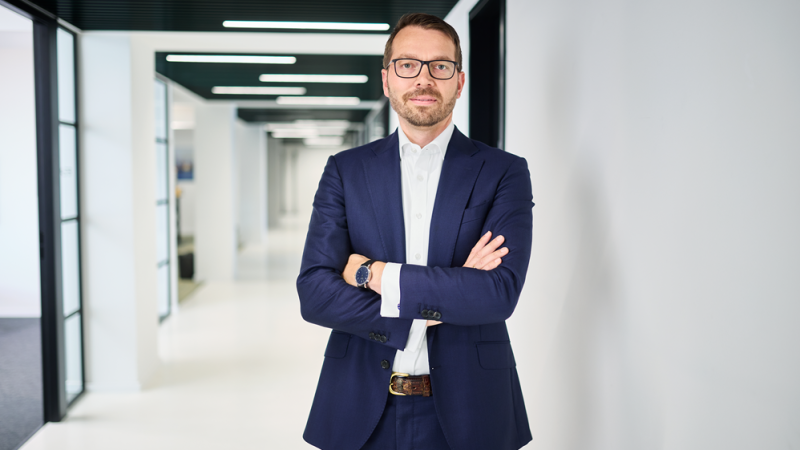Nukissiorfiit, meaning ‘Where Energies Are Created’ in Greenlandic, is a government-owned company whose main mission is to supply Greenland with clean water, electricity, and heat without using fossil fuels. This may seem a tall order, but the company is already using renewables for 72% of its utility production—and is on track to achieve 100% by 2030.
Nukissiorfiit has focused on the increased use of renewable energy for several years. Recently these efforts have intensified and gained a broader remit. Where previously it was primarily about increasing the use of hydropower, other energy sources such as solar and wind energy are now increasingly included in the planning of future supply.
The transition is a major priority for the company, says CEO and energy director Cicilie Senderovitz, who explained that in 2030 the company expects to be able to deliver close to 100% clean and climate-neutral electricity to its customers through a combination of hydropower and – to a lesser extent – through increased investment in solar cells and wind turbines.
Reliability and stability
Nukissiorfiit’s history goes back many decades. The company started to supply Greenland with electricity in 1949, later on adding water and heating supply to its services. With around 400 employees (of whom 6% are apprentices), Nukissiorfiit is one of Greenland’s largest companies. The company’s central administration is located in Nuuk and the daily production and distribution of electricity, water and heat is secured in five districts.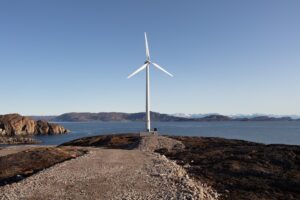
“Nukissiorfiit is owned by the Greenland Government, in other words by the people of Greenland. This means that our main customers are the citizens of Greenland, whom we strive to provide with electricity, heating, and not least clean water, all through the most sustainable renewable energy solutions,” says Cicilie Senderovitz. “On top of that, Nukissiorfiit always aims to support current industries and new industries to help transform their business into becoming more sustainable.”
“The fact that Nukissiorfiit is owned by the people of Greenland, meeting the needs of a society that relies heavily on a stable, reliable and sustainable supply of electricity and water, is unique and an aspect that distinguishes us from similar utility companies.”
With utility obligations to 17 cities and 53 settlements spread like small independent ‘islands’ over an enormous geographical area, from Nanortalik in the south to Qaanaaq in the north, Nukissiorfiit’s task is of enormous importance. Contrary to Nuuk, where 99% of the electricity supply and a large part of the heat comes from Buksefjorden Vandkraftværk and is thus carbon-neutral, there are smaller settlements where energy is supplied by diesel generators and local oil boilers of varying ages and degrees of efficiency.
Security of supply is key – the ultimate consequence of a breakdown in heat or power in a settlement in winter is evacuation. “The biggest challenge we face at Nukissiorfiit is the weather. Storms and unpredictable weather in general make it difficult at times to go forward as planned. Sometimes the weather has huge consequences for Nukissiorfiit, as we witnessed in 2021, when Nuuk, the capital, experienced a major blackout,” says Ms Senderovitz.
She herself, appointed as CEO only last year, was not at Nukissiorfiit at the time of the blackout but explained that this experience has left a mark on Nukissiorfiit. “New procedures were implemented, and we are still working daily on improving ways to make sure an incident like this does not happen again. However, there are no guarantees when you are located in the Arctic, with the weather that comes with that.”
People and environment
The company’s reliable performance depends heavily on its people, and Ms Senderovitz affirms that human resources are one of the company’s priorities. “At Nukissiorfiit we believe that by investing in our staff through further education and providing good working conditions we will enable our people to grow and be good ambassadors for Nukissiorfiit and, most importantly, thrive  and enjoy a long career with us.”
and enjoy a long career with us.”
“We invest in partnerships with vocational schools to create the relationship with students at an early stage, in order to recruit them into Nukissiorfiit,” she adds, noting that the company has several employees who started as interns and have stayed with Nukissiorfiit ever since.
Speaking about general challenges and the way forwards, she emphasizes that a long-term perspective is necessary. “There is no such thing as a quick fix in the supply industry. Every step we take to achieve improvement involves considerable cost. If you are not thinking in the longer term, you will not achieve the desired results.”
“For Nukissiorfiit this means that we have big projects ahead of us. This includes the operation of the expansion of Buksefjord Vandkraftværket, a future hydroelectric plant. Furthermore, we also have several new projects in the pipeline which will take Nukissiorfiit and Greenland to the next level of sustainability.”
In line with these plans, in 2023, Nukissiorfiit is continuing its work with electrification and renewable energy, in order to reduce Nukissiorfiit’s dependence on oil and thus limit its CO2 emissions. For Nukissiorfiit, the future in Greenland is about creating a Nukissiorfiit in balance with the environment, supply, organizational culture, and economy, says Ms Senderovitz.
Through training and greater involvement of local players, Nukissiorfiit will work to further develop, both internally and externally, the skills that are vital for Greenland when facing a greener future. “The years to come in Greenland demand persistence in the green strategy that has been laid out for our beautiful country,” concludes Ms Senderovitz.


